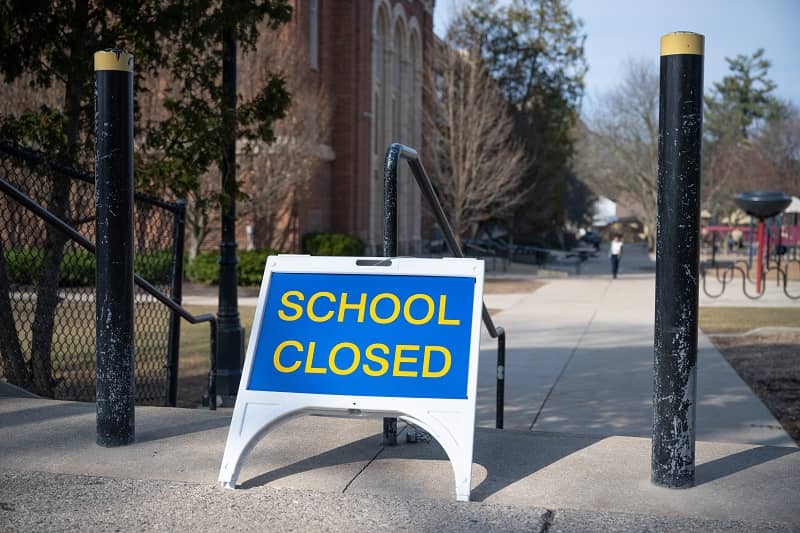
The bipartisan No Child Left Behind education bill is unlikely to achieve its stated aims. However, it has helped show that many associated with government schools are more interested in preserving power than improving education.
The new federal law requires school districts to inform parents whose children attend low performing schools that their children have the right to transfer to another district school. In Portland, Marshall, Roosevelt and Jefferson high schools have been identified as chronically failing schools. However, in its letter to parents the district did not make the transfer option clear to parents and the Oregon Department of Education stepped in to require another letter be sent to parents. Hundreds of students have now applied for transfers from the three schools.
During the transfer period, a group of Jefferson supporters held a press conference covered in the July 26 Oregonian story, “Jefferson backers urge students not to leave.” The president of the school’s parent teacher association said, “Does the school have problems? It certainly does. … This is not the time to abandon the educational icon in the Albina community.” In short, parents should sacrifice their children’s education for the hope of future improvement.
Speaking at the rally, 1984 Jefferson graduate John Frazier unintentionally revealed why parents need more options when he recalled the academic troubles and negative perceptions that have long faced Jefferson. He stated, “Twenty-three years later, we’re going through the same thing.” And people wonder why parents want their children to change schools?
The interests of children come before the needs of schools and those in power. The struggle over this new law reveals exactly how resistant the school system is to actually putting children first.
© 2006, Cascade Policy Institute. All rights reserved. Permission to reprint in whole or in part is hereby granted, provided the author and Cascade Policy Institute are cited. Contact Cascade at (503) 242-0900 to arrange print or broadcast interviews on this topic. For more topics visit the QuickPoint! archive.











